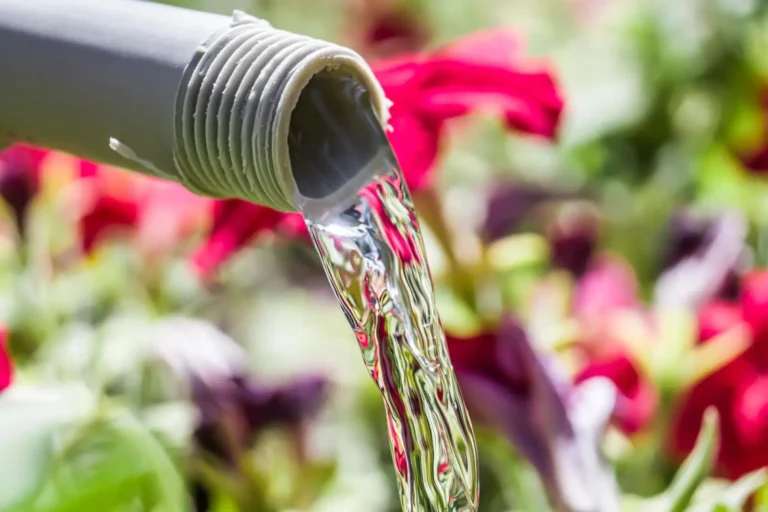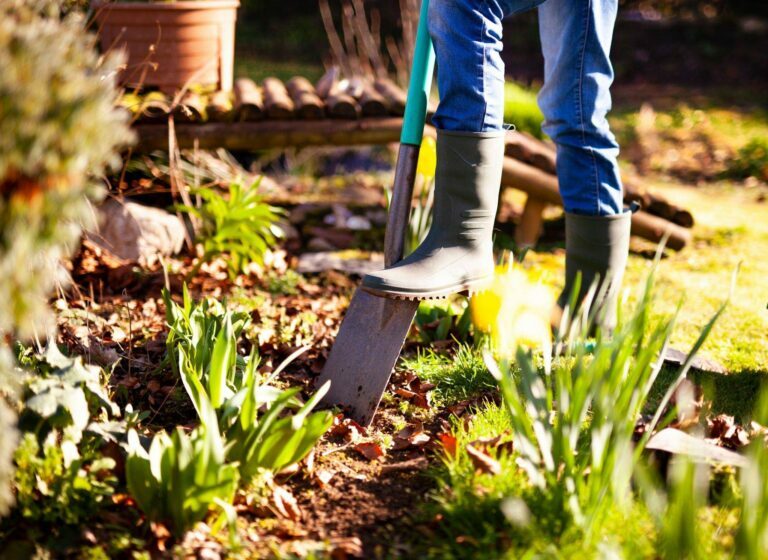Deer are the most calming and pretty animals. They are fond of eating shrubs and vegetables. People who love gardening and love nature know that gardening with this pet animal is quite challenging.
But it doesn’t mean you can fulfill your gardening desire with these animals. In this article, we will help you to know how to keep deer out of the garden fishing line.
It is a fact that after spending a couple of hours maintaining the garden, there is nothing more hectic and annoying than to be smashed by any pet animal. It will only be liked by some to destroy its hard work.
There are a lot of ways that will help you to keep the deer away from the gardening fishing line. Most people think an 8-inch fence is insufficient to keep the deer away from plants.
One way to deter deer from entering your garden is strategically placing fishing lines around the perimeter.
However, many people may have reservations about using this method due to concerns about visibility and potential harm to wildlife.
The issue lies in finding a fishing line that is strong enough to withstand the elements of the open sea while also being nearly invisible to deer. Keep in mind that deer can stand about 18 inches.
The key is selecting a clear monofilament fishing line with a high pound-test rating. This type of line has minimal visibility, making it difficult for deer to spot even when they are up close.
You may also like: How To Till A Garden Without A Tiller?
Its strength and durability also make it an effective barrier against deer attempting to enter your garden space.
How To Keep Deer Out Of Garden Fishing Line?
If you love spending time in your garden, the last thing you want is pesky deer coming in and eating all your hard work. Different ways are effective in keeping deer out of the garden fishing line. Some ways which could be more effective are as under.
Fishing Line Fencing

The first thing that comes to people’s minds to keep deer out of the garden is making fishing line fences.
The fishing line is thin and virtually invisible, so it won’t detract from the garden’s beauty. It can be strung around the garden’s perimeter, or a small circle of fishing line can surround individual plants.
Only some people know how to make the best fences that protect your garden. The average height a deer can jump from a standing position is from 6 feet to 8 feet.
In comparison, they are pretty good at jumping up to 12 feet high in a running position.
So one thing to remember in making a fishing line fence is that you make it 8 feet or 12 to 8 inches tall above the ground. How much the fence is tall, the chances of keeping deer out of the garden are high.
Garden Plant Selection
When it comes to keeping deer out of your garden, one option is selecting plants that they are less likely to eat. What kind of plants, trees, or shrubs you like for gardening is important.
If you want to keep deer out of the garden, you should avoid plants liked by deer. This pet’s smell is very high, and they like beautiful plants.
This can include choosing plants with strong odors, such as herbs like rosemary or lavender, or plants with fuzzy textures, such as lamb’s ear.
You can also choose toxic or unappetizing plants for deer, such as daffodils or foxglove.
If you are interested in vegetable gardening, it will keep deer closest to your garden. Growing nonparallel-smelling plants and trees is important so deer avoid them and go elsewhere for food.
Electric Wire Fence
This is another kind of fence that will keep deer out of the garden. Remember that an electric fence delivers a shock, so be careful.
It will keep deer away from fences but is not allowed in every country. If you want to install an electric fence, it could be a solar fence.
Although this is a way to keep deer out, an electric fence harms children. You should keep children away from the fence. You can hire any installation company to avoid hazards if you install it.
Deer Repellent Products
One of the most common ways to keep deer out of your garden is using deer-repellent products.
Various types of deer repellents, such as sprays, granules, and electronic devices, are available in the market.
These products emit a scent or unpleasant taste for deer, thus deterring them from entering your garden.
The use of deer repellent products on trees is the way also useful. It abstracts the smelling sense of deer, and they do not come to the fishing line of the garden.
You should use repellent products that emit scents to keep away deer. Additionally, grow repellent things like garlic which makes deer unappealing.
If you use repellents early on trees, it is most useful. In autumn, deer feed on trees because they feel hungry during this season. Applying repellent in early time turns deer concentration to find other areas.
Keep Your Dog Close To Garden
Dogs are known for their keen sense of smell and hearing, which makes them the perfect defense against deer. They can easily detect the presence of deer in your garden and will bark to alert you.
This keeps the deer at bay and ensures you know of any potential danger around your property.
Moreover, dogs are instinctive to chase and hunt animals, including deer. This behavior can be harnessed by training them to patrol your garden regularly.
This way, they will deter deer from entering and keep other critters like rabbits and squirrels from destroying your plants.
If you breed dogs, it will help to keep deer out of the garden. Dog barking to see any unknown person or an animal spot near the garden.
So deer feel the danger of coming close to the garden. It will permanently keep deer out of the fishing line fence.
When a dog will bark at deer, it will run. Deer eventually thought your garden was not safe for graze. So deer not come for next time and going to other places.
Deer Netting
The deer fence netting is another option to keep deer out of the fishing line of the garden. It is easy to use, can be used in multiple seasons, and is inexpensive.
It is flexible to wrap trees and plants with plastic wire. Deer fence netting offers an effective barrier against deer without harming them.
Unlike other methods, such as electric fences or harmful chemicals that could harm the environment, deer netting offers a humane way to keep deer at bay.
Additionally, the netting is durable and long-lasting, so you won’t have to worry about replacing it frequently.
The height of this type of fence could be 8 feet. Deer will not be able to jump from it. Metal stacks can also be used for netting.
Water Sprinklers
It is one of the best ways to use a water sprinkler system. These systems are timer based also available sensor-based.
The sprinkler throws harmless water on the deer or makes sounds to scare the deer. These are easily available and easy to install.
The harmless water thrown by the sprinkler can startle deer, causing them to run away from your garden.
This is an effective way to deter them from eating your plants without harming them.
Furthermore, this method is environmentally friendly, not involving chemicals or substances that may harm wildlife.
Conclusion
Deer are a nuisance to many gardeners. But by taking a few simple preventative measures, such as fencing in your garden and using fishing lines, you can keep them out.
You can enjoy your garden without worrying about deer destroying your hard work with a little effort.
In conclusion, keeping deer out of the garden is an important task for any gardener. Using a fishing line to create a physical barrier around your garden is an easy, cost-effective, and humane way to protect your plants from the destructive nature of deer.
It helps to ensure you can enjoy the fruits of your labor without worrying about hungry deer wreaking havoc on your hard work.
If done correctly, this simple technique will provide effective protection without any negative impact on the deer or their environment.


